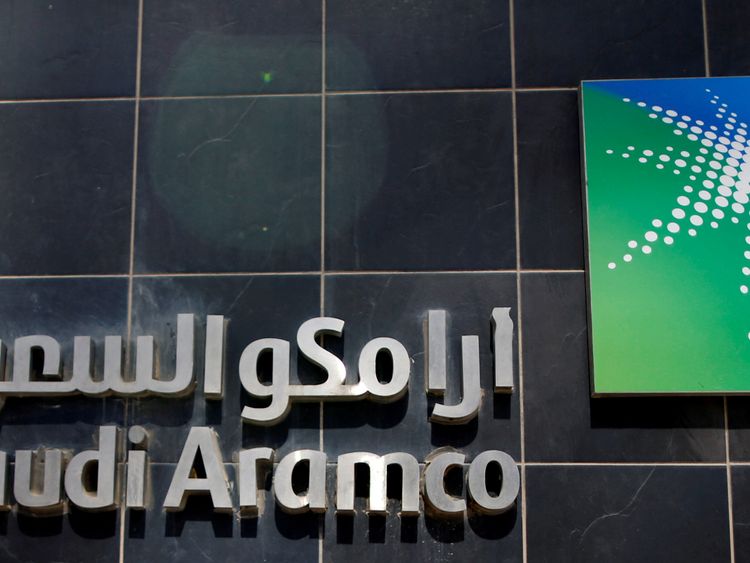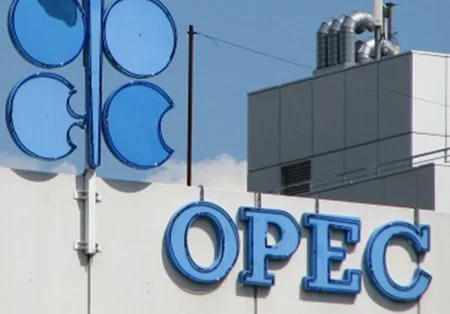 25 May 2013, News Wires – Venezuela’s state oil company PDVSA will receive a revolving credit line of at least $1 billion from oil services giant Schlumberger, the OPEC nation’s oil minister said on Friday according to a report.
25 May 2013, News Wires – Venezuela’s state oil company PDVSA will receive a revolving credit line of at least $1 billion from oil services giant Schlumberger, the OPEC nation’s oil minister said on Friday according to a report.
The deal will provide some financial breathing room for PDVSA, which as of last year had built up $16.5 billion in debts to service providers as it focused on social spending at the expense of paying off industry-related debts, Reuters reported.
“What we are signing today is an agreement for a revolving credit facility…that will allow us to receive more services from Schlumberger,” the news wire quoted Venezuelan Oil Minister Rafael Ramirez as saying after signing the agreement with Schlumberger chief executive Paal Kibsgaard.
The agreement will allow PDVSA to continue contracting Schlumberger for work including drilling and pipeline services, even if it does not have cash flow to pay immediately.
Service companies will be crucial to Venezuela’s efforts to boost output in the Orinoco belt, whose challenging conditions and tar-like crude require state-of-the-art technology to ensure cost-efficient production.
The deal is also important for Schlumberger, which is increasingly relying on state-run oil companies as a source of revenue.
Ramirez and Kibsgaard were visiting Orinoco oil belt installations in eastern Venezuela.
The agreement appeared to ease tensions between PDVSA and Schlumberger, the world’s top oil services provider, over unpaid debts that began piling up after the global financial crisis.
“Our company has been in Venezuela since 1929, more than 80 years, and we have intention of staying in Venezuela for another 200 years,” said Kibsgaard.
The deal comes on the heels of recent financing agreements with Chinese and Russian oil companies that will provide $5.5 billion in financing for Orinoco belt joint ventures.
PDVSA and Schlumberger also signed an agreement for an oil services joint venture.
That marks an unusual step for a service company, which generally operates as a contractor rather than an oilfield partner. It also appears to run counter to Schlumberger’s 2011 decision to sell its rig management business as it sharpened focus on providing services for rigs instead of owning them.
PDVSA in 2012 targeted a 500,000 barrel per day (bpd) production increase that was to take the country’s output to 3.5 million bpd through greater Orinoco oil output.
But crude production for the year slipped slightly to 2.9 million bpd amid chronic delays in project start-up and PDVSA’s lack of cash flow that prevented it from making investments.
The official 2013 target is an increase of 400,000 bpd to reach 3.3 million bpd.
PDVSA under the presidency of late socialist leader Hugo Chavez became the primary financier of generous social development programs, helping make Chavez a hero to many but at times leaving oilfield operations underfunded.



